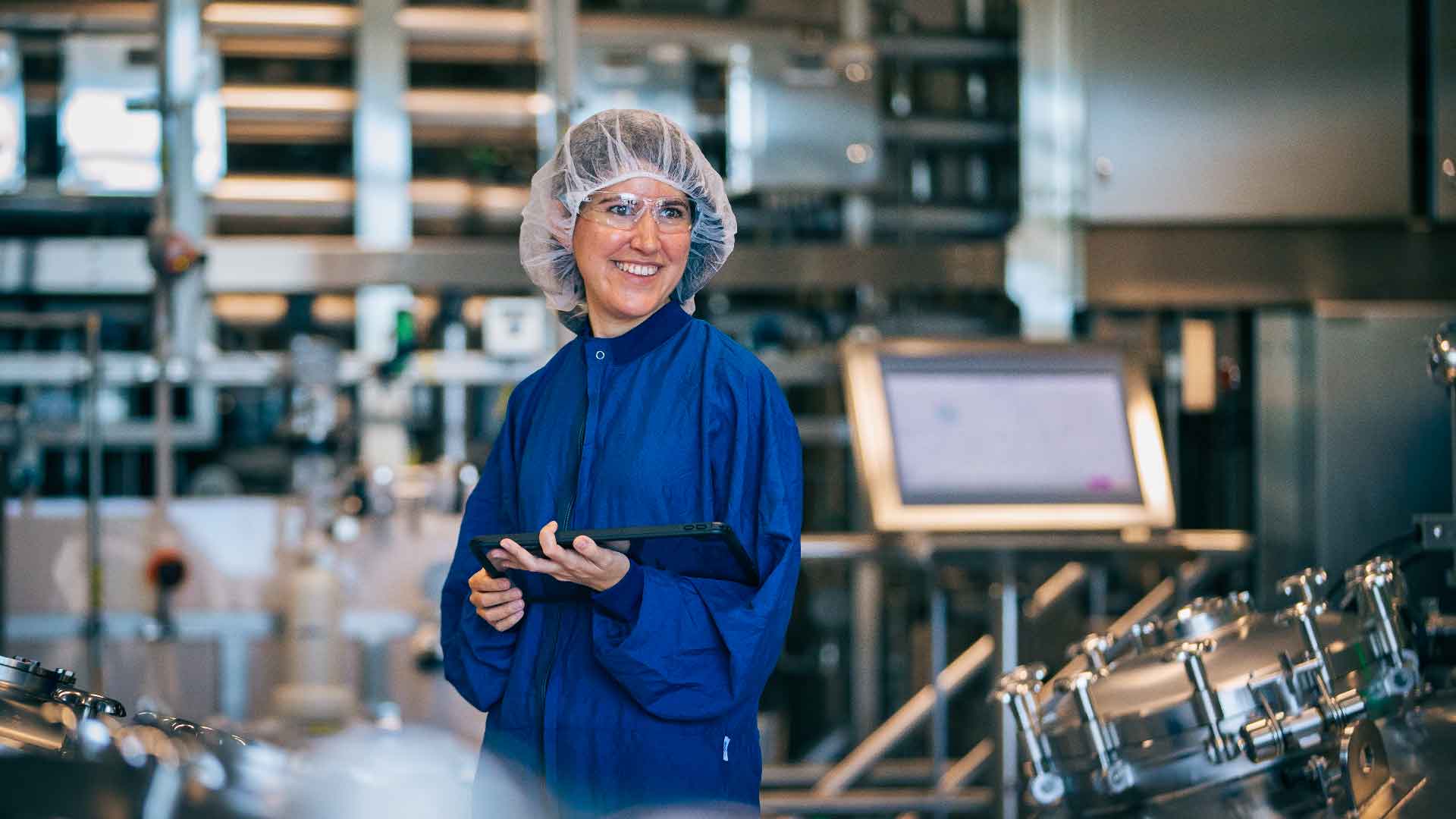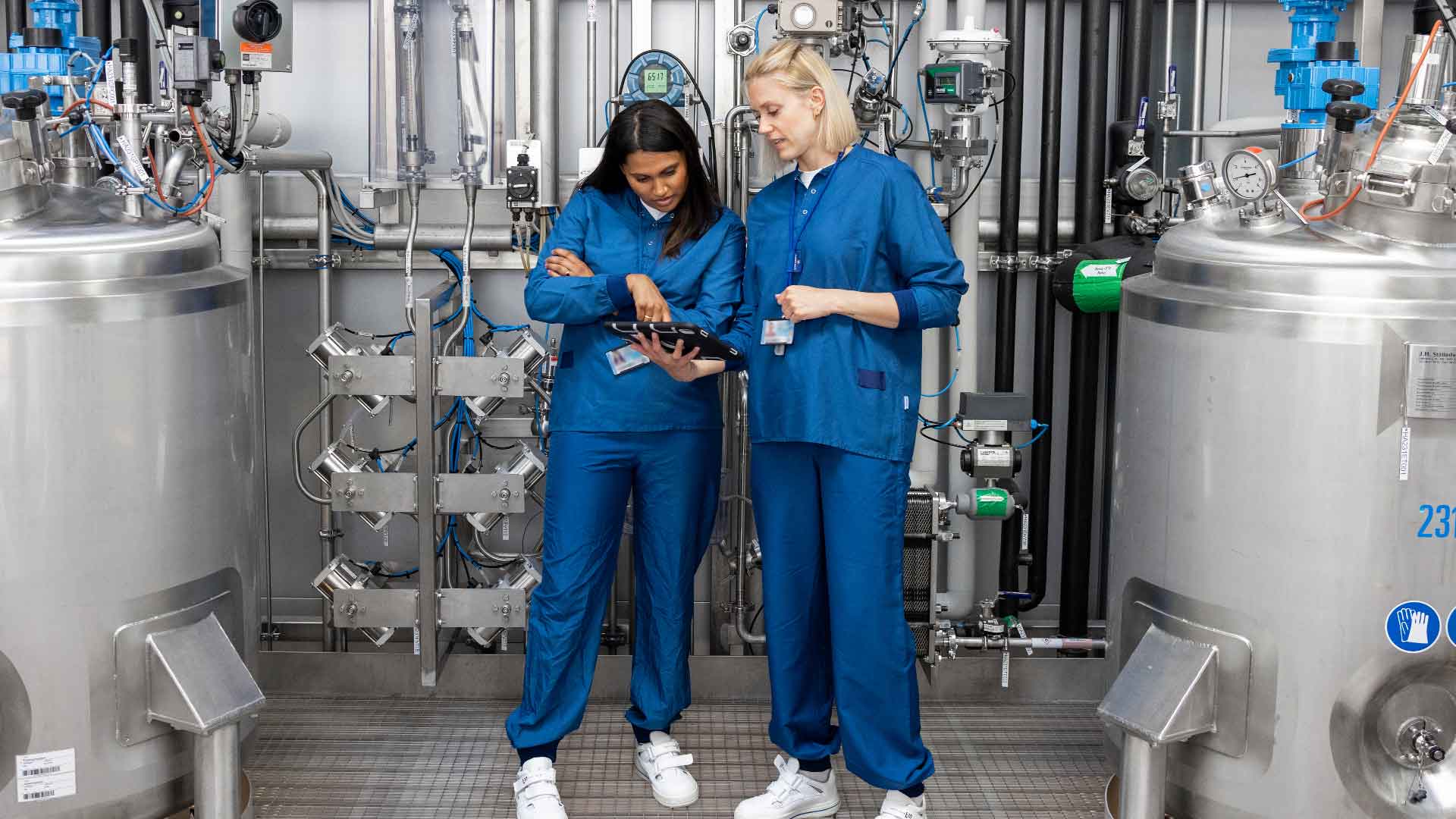About the specialization
As a student in this specialization, you will play an essential part in the fast-expanding industry of chemical and biochemical production. Here you can work with everything from modern medicine to new ingredients for food and feed or the sustainable development of the energy and agricultural sectors.
No matter which company you work for, the industry is hungry for talented chemical engineers with specialized skills in process technology and an eye for industrial bioproduction.
During your study time, you will become an expert on process thinking and working with chemistry and biochemistry on an industrial scale.
Taught by leading experts and professors, you will learn to run a factory and work with all the industrial processes – from development and improvements to embedding new technology and digitalized optimizations.
In addition, you will gain strong engineering knowledge as well as an innovative mindset.


